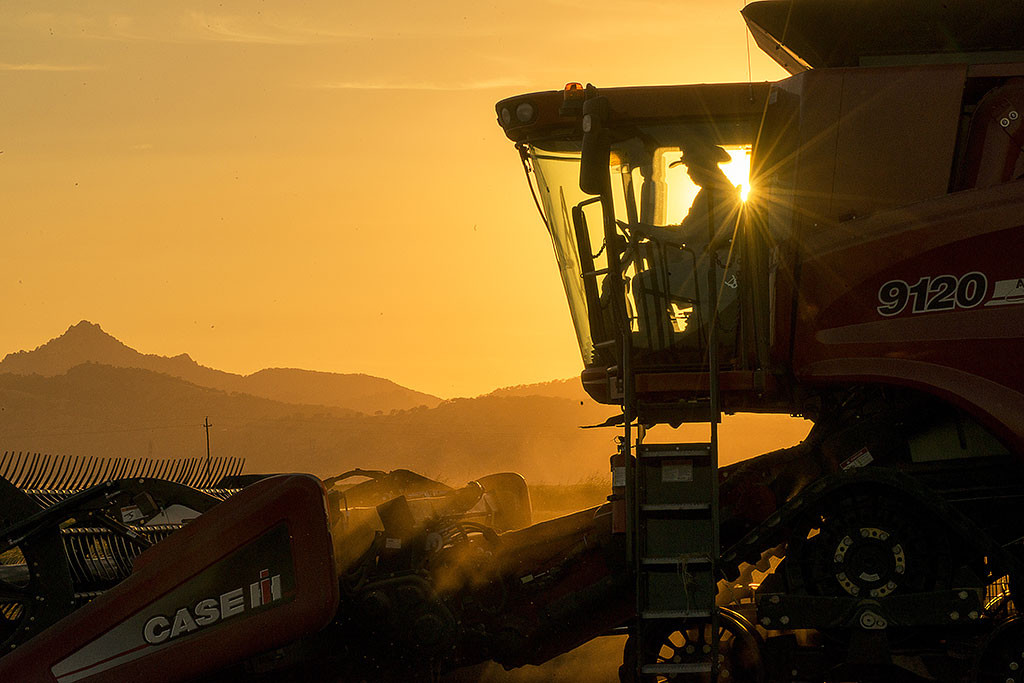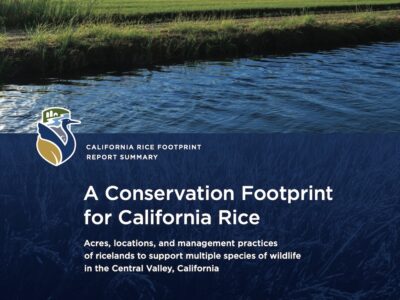By Tyson Redpath, The Russell Group
Today, the U.S. Department of Agriculture (USDA) announced rice as a commodity eligible for a flat-rate payment of $15 per acre under the latest round of Coronavirus Food Assistance Program funding. The per acre payment will be made based on eligible 2020 acres.
The USDA will use funds made available from the Commodity Credit Corporation (CCC) Charter Act and the Coronavirus Aid, Relief and Economic Security Act signed into law at the end of March.
A payment limitation of $250,000 per person or entity for all commodities combined will apply. Applicants who are corporations, limited liability companies, and limited partnerships may qualify for additional payment limits when members actively provide personal labor or personal management for a farming operation. Special payment limitation provisions have been expanded to include trusts and estates.
Producers will have to certify they meet Adjusted Gross Income limits of $900,000 unless at least 75 percent or more of their income is derived from farming, ranching, or forestry-related activities. Producers can apply for this assistance beginning September 21 through December 11, 2020.




